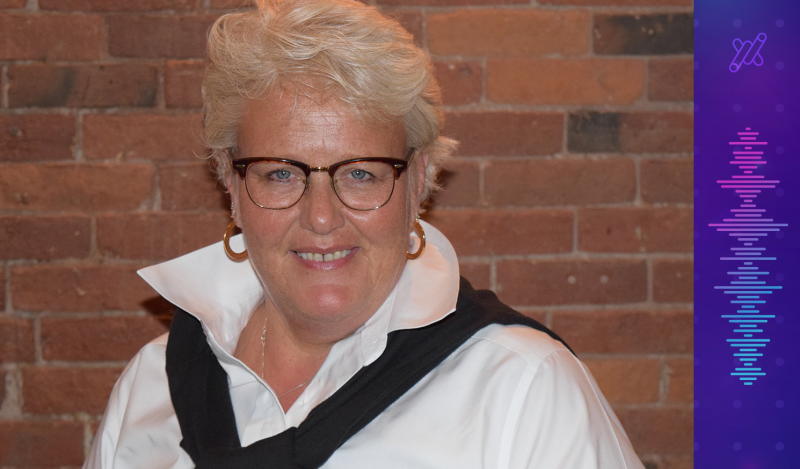Description
AudienceView’s CMO Mike Evenson is joined by INTIX CEO Maureen Andersen. An industry veteran, community leader and mentor to so many ticketing professionals, Maureen shares her very unique vantage point on these unprecedented times. They discuss the effect of the COVID-19 crisis on the entertainment industry and the ways that this interruption will have a lasting impact on how live events organizations operate.
Maureen also provides a rundown of resources and support being offered by INTIX, which includes online forums, weekly video chats and more. She also sends virtual #INTIXhugs and asks everyone else to do the same.
